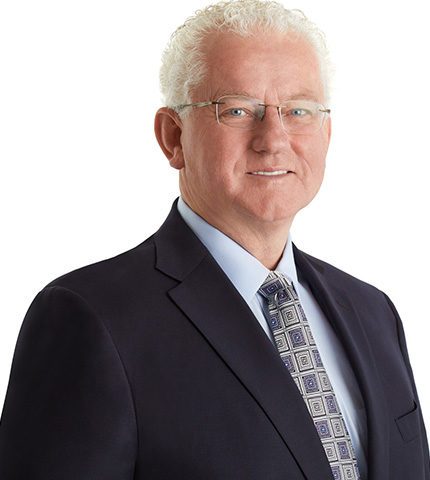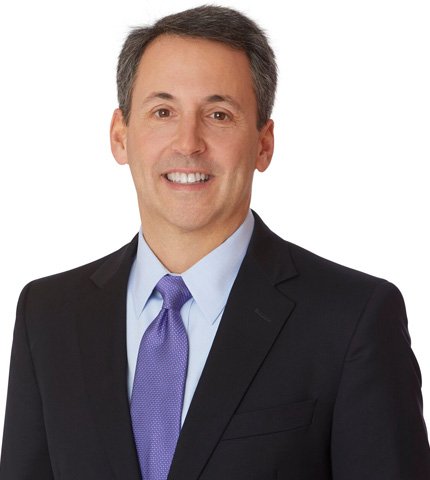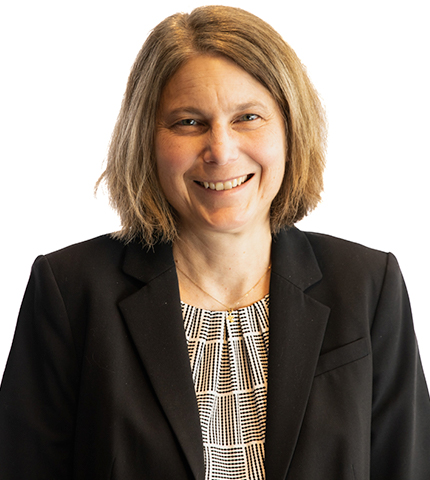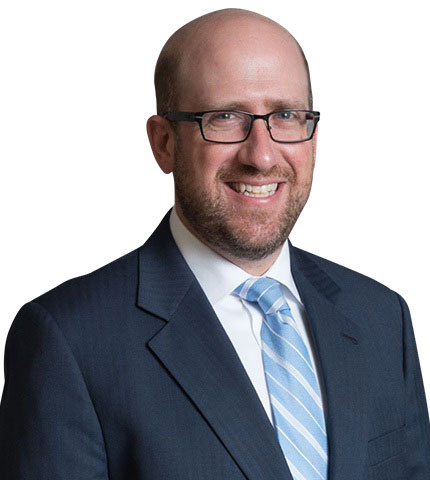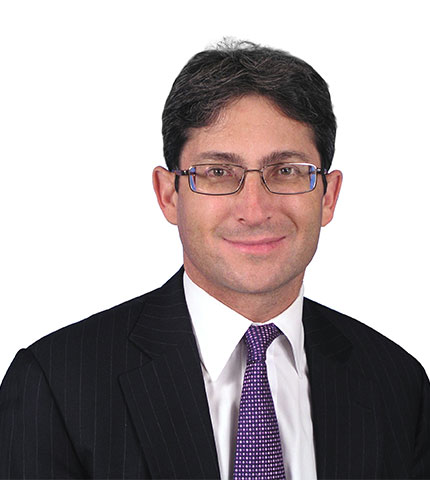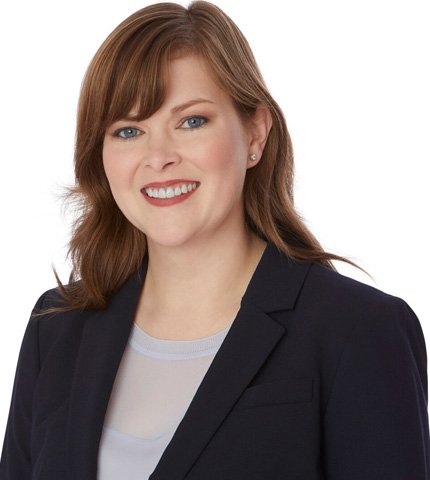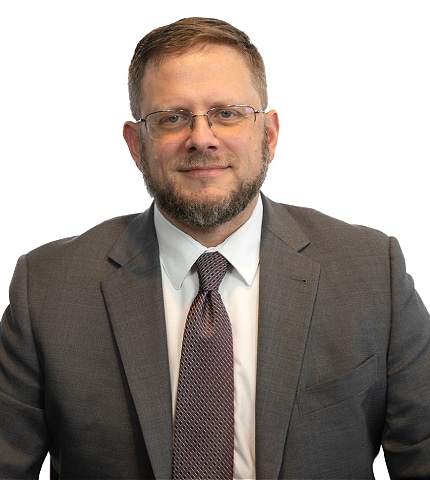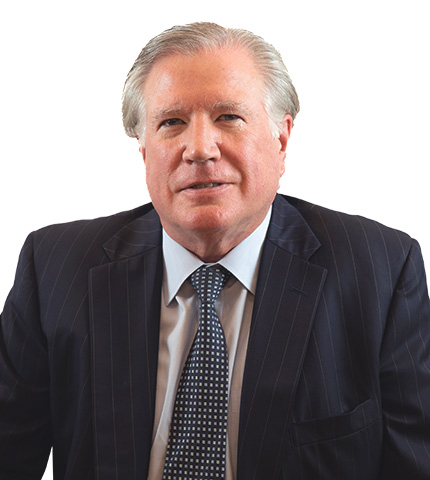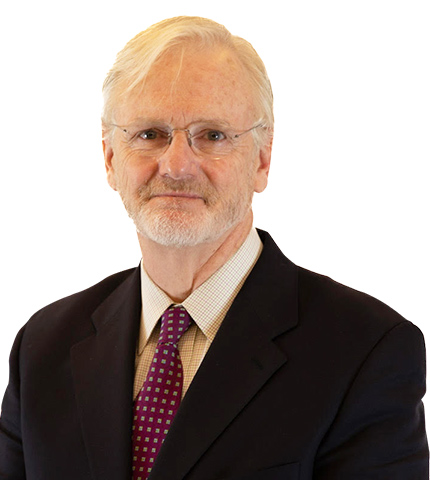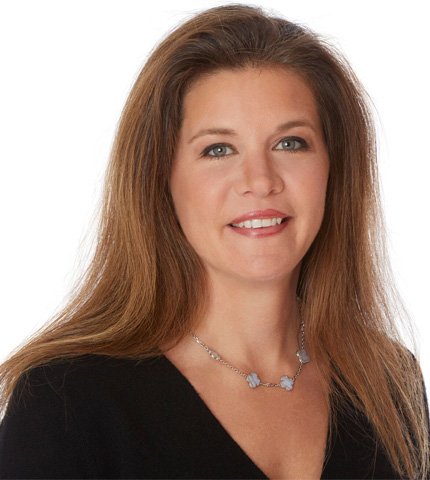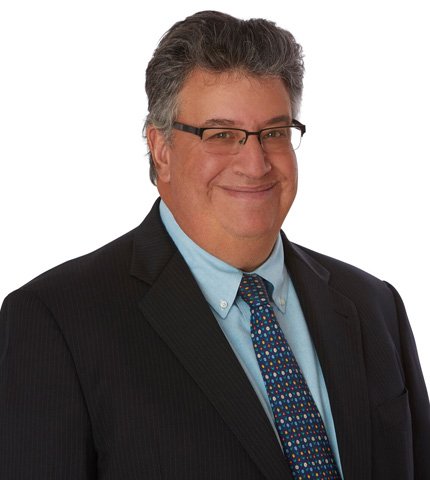Firm Provides Guidance For Medical Practitioners
An Unbalanced Bill:
New York’s Current Regulatory Landscape on “Balance Billing” and “Surprise Bills”
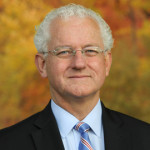
Introduction
This article will explore those circumstances in which a non-network medical provider, that is, one not in contract with a health care plan to provide health care services to an insured patient, may “balance bill” for the remainder of a charge for medical services not covered by a health insurer. Given the growing public reaction to rising medical costs and recent statutory responses, in the future, laws may be enacted requiring claimants to submit their fee disputes to neutral arbitration panels, in the event that a non-network medical provider charges fees in excess of an insurer’s covered payment. That procedure is currently in place regarding fees charged for emergency services. Given the tension between physician’s fees and insurer’s reimbursement schedules, it is only a matter of time before the construct is expanded to cover all such disputes.
Physician Fees in New York
Generally, and subject to the statutory exceptions discussed below, fees for physician services are unregulated in New York State, and complaints regarding physician’s fees do not fall under the jurisdiction of the Office of Professional Medical Conduct absent fraud (for example, a charge for services never provided). Nonetheless, the field of medical fee regulation has been recognized as being one of State concern. Goldberg v. Corcoran, 136 Misc. 2d 213, 214, 518 N.Y.S.2d 81, 81, 1987 N.Y. Misc. LEXIS 2413 (Qns. Cty. Sup. Ct., 1987). In exercising its police power, a State may regulate medical fees when it is “for the promotion of the health, comfort, safety and welfare of the people,” and when the means adopted to secure that end are reasonable. Health Ins. Asso. v. Harnett, 44 N.Y.2d 302, 306, 376 N.E.2d 1280, 1282 (1978). The question of reasonableness is for the Legislature to determine. Id.
In the absence of an express contractual agreement, and when no other compensation model is agreed upon, a physician may recover (upon an implied agreement to pay for services based on quantum meruit), the fair and reasonable value of medical services. Goldman v Ambro, 134 Misc 2d 655, 656, 512 N.Y.S.2d 636 (Suff. Cty. Sup. Ct., 1987). In determining such “fair and reasonable” compensation, a Court will factor the nature and difficulty of the medical case and what is considered by the physician and by other sources as an ordinary or reasonable charge for the particular services. Id.
“Balance Billing”
“Balance Billing” refers to the practice of a medical provider charging a patient for the remainder of a medical service fee not covered by insurance. For example, if the physician’s examination fee was $100, yet insurance only covered $70 of that charge, the “balance bill” submitted to the patient would be for the remaining $30. Under most circumstances, a medical provider that belongs to an insurance network agrees to offer set or discounted rates for their medical services and will not (and cannot) charge a patient in excess of the health insurer’s prescribed fee schedule.
Nevertheless, those medical providers that do not belong to the insurance network, or “out-of-network providers,” are not bound by any such insurer agreement, and, unless prohibited by statute or contract, may charge in excess of what an insurance company is willing to pay. Those surplus fees that are not covered by the health insurer are then usually submitted to the patient for payment. As recently as August 31, 2015, Courts have held that, absent an applicable statute or contractual agreement, there is no basis to compel a non-network medical provider to accept an insurance company’s payment terms. Unitedhealthcare Servs., Inc. v Asprinio, 2015 N.Y. Misc. LEXIS 3165, 2015 NY Slip Op 25298 (West. Cty. Sup. Court, 2015). This means that, for the time being, unless expressly prohibited by statute or contract, a non-network physician or hospital can charge an amount higher than a health insurer will pay, with the surplus being borne by the patient. A recent statutory exception regarding emergency care (Financial Services Law § 605(a)) is discussed more fully below.
Limitations on Medical Care Provider’s Charges
The caveat in the Court’s decision in Unitedhealthcare Servs., Inc., is that, aside from participation in an insurer’s network, there are several federal and New York State statutory limitations on a physician’s ability to charge patients. These arise in the Medicare/Medicaid context, in Workers’ Compensation claims, in No-Fault Automobile Insurance cases, and, effective as recently as March 31, 2015, in “emergency services” cases.
A. Medicaid, Medicare and New York Public Health Law 19
Under New York law, a physician’s charges are capped at 115 percent of the Medicare-approved fee schedule amount, which is determined by the United States Secretary for Health and Human Services. N.Y. Pub. Health Law § 19. For example, if a procedure has been approved for $100.00, then a non-network provider may charge, at most, $115.00 ($100 x 115%). A beneficiary is not obligated to pay any charges in excess of this amount, and has a private statutory right of action against a hospital or physician for refund of the additional amounts expended. Medicare Beneficiaries Defense Fund v Memorial Sloan-Kettering Cancer Ctr., 159 Misc. 2d 442, 603 N.Y.S.2d 1016, 1993 N.Y. Misc. LE (NY Cty. Sup. Ct., 1993). In addition, medical providers who submit a bill to a qualified Medicare beneficiary in excess of the statutory mandates are subject to sanctions under Sections 1902(n)(3)(C) of the United States Social Security Act.
Under the Medicaid Act, 42 U.S.C.S. § 1396, those doctors and hospitals who are willing to treat Medicaid patients must agree to accept the designated Medicaid rate and not ask the patient to pay any money beyond that amount. 42 U.S.C.S. §§ 1320a-7b(d), and 42 C.F.R. § 447.15 (1989). In New York State, a Medicaid provider is prohibited from seeking payment from a Medicaid recipient of amounts not reimbursed by the state program. New York City Health & Hosp. Corp. v. Perales, 954 F.2d 854, 855, 1992 U.S. App. LEXIS 1720, 1, 36 Soc. Sec. Rep. Service 216 (2d Cir. N.Y. 1992).
Despite these limitations, a physician is under no statutory duty to participate in a medical assistance program. Goldman, 134 Misc 2d 655. A physician is entitled to protect his ability to generate an income and need not accept a prospective patient who cannot pay the established fee charged all patients. Id.
B. Worker’s Compensation
Under Section 13 of New York’s Worker’s Compensation statute, “no physician rendering medical treatment or care… may receive payment in any higher amount [of the established fee schedules] unless such increased amount has been authorized by the employer.” In other words, unless the patient’s employer agrees to pay those amounts in excess of the established fee schedules, the medical provider is unable to collect the additional charges.
C. No Fault Automobile Insurance
Under Insurance Law § 5108, a health care provider who elects to proceed under the No-Fault reimbursement statute is forbidden to demand or request from a No-Fault patient any payment in excess of the charges permissible under the schedules prepared and established by the chairman of the Workers’ Compensation board for industrial accidents. Murali v Upton, 175 Misc. 2d 186, 668 N.Y.S.2d 876, 1997 N.Y. Misc. LEXIS 639 (N.Y. Civ. Ct., 1997). The medical provider cannot charge more than the fee prepared fee schedule unless the insurer determines that “unusual procedures or unique circumstances” justify the excess charge. NY CLS Ins § 5108(a) and (c).
D. “Emergency Services,” The Affordable Care Act and New York’s Financial Services Law
The Patient Protection and Affordable Care Act, informally known as “ObamaCare,” is a federal law that was enacted in March 2010, prohibiting the use of preauthorization requirements for medical care and requiring an insurer to pay a physician for any emergency services rendered at a hospital regardless of whether or not that physician is in-network. However, it does not prevent a non-network physician from “balance billing” the patient for the remainder of a fee unless prohibited by the State. As discussed below, in March of 2015, New York State enacted the Federal Services Law section 600 limiting “balance billing” in the emergency services context.
The Patient Protection and Affordable Care Act and Section 2719A
Section 2719A under Title Ten of The Patient Protection and Affordable Care Act effectively states that, if an insurer provides any benefits for emergency services in an emergency department of a hospital, the insurer must cover emergency services whether or not a physician is in-network or a patient is insured. If the treating physician is non-network, the insurer is required to pay the non-network physician the same amount it would have paid to an in-network physician. However, the statute does not require insurers to cover any remaining fee amounts that a non-network provider would “balance bill” to the patient. In effect, an insurer is not permitted to pay an unreasonably low amount to non-network emergency service provider (or at least no less than its in-network physicians). Yet the non-network physician is still permitted to “balance bill” the patient – unless the State prohibits such.
New York’s Financial Services Law
Effective March 31, 2015, Section 605 of New York’s Financial Services Law, in the context of a non-network physician’s charges for emergency services, states that there may be binding arbitration before an “independent dispute resolution entity,” or IDRE, in the event of a fee dispute between a patient and physician or insurer and physician. The IDRE must be certified by the New York State Superintendent of Financial Services pursuant to 23 NYCRR 400.3, and shall have the dispute reviewed by a “neutral and impartial reviewer with training and experience in health care billing, reimbursement, and usual and customary charges.” 23 NYCRR 400.8(f). To submit a dispute for IDRE review, an insurer, non-participating physician or patient (who is not an insured) must first submit an application to the New York State Superintendent of Financial Services. 23 NYCRR 400.7(a)(1). Depending on whether the submitting party is a health care plan provider, physician or patient, the application may include the party’s information, the fee paid (or the usual and customary cost for the service), and “an explanation of the circumstances and complexity of the particular case.” See generally, 23 NYCRR 400.7.
Initially, when an insurer receives a bill for “emergency services” from a non-participating or non-network physician, the insurance provider shall pay an amount that the insurer determines is “reasonable for the emergency services [that the non-participating physician] rendered.” CLS Fin Serv 605(a)(1). The insurance provider is also obligated to ensure that the insured patient incur no greater out-of-pocket costs for the emergency services than the patient would have been charged with an in-network physician. Id. This, in effect, means the patient will never be billed more than an in-network physician would have charged. Yet, this does not necessarily mean that the out-of-network medical provider will be reimbursed only as much as an in-network provider, as any IDRE (convened in the event of a fee dispute) might possibly award a fee in excess of what the insurer would have paid to an in-network provider, i.e., the non-network physician’s higher fee.
Should the non-network physician dispute the insurer’s “reasonable” payment amount (or the health care plan dispute the physician’s proposed fee), either party may submit the dispute for review by the IDRE. NY CLS Fin Serv 605(a)(2). The IDRE must then decide what the fee should be within thirty (30) days of receipt of the dispute for review. NY CLS Fin Serv 605(a)(3). In determining a reasonable fee for the services rendered, the IDRE is required to choose either the insurer’s payment or the non-participating physician’s fee. NY CLS Fin Serv 605(a)(4). In effect, then, the IDRE may not create its own fee to be paid. Under Financial Services Law §604, in determining whether the physician’s fee or the insurer’s payment will control, the IDRE considers “all relevant factors,” including:
- (a) whether there is a gross disparity between the fee charged by the physician for services rendered as compared to:
- (1) fees paid to the involved physician for the same services rendered by the physician to other patients in health care plans in which the physician is not participating, and
- (2) in the case of a dispute involving a health care plan, fees paid by the health care plan to reimburse similarly qualified physicians for the same services in the same region who are not participating with the health care plan;
- (b) the level of training, education and experience of the physician;
- (c) the physician’s usual charge for comparable services with regard to patients in health care plans in which the physician is not participating;
- (d) the circumstances and complexity of the particular case, including time and place of the service;
- (e) individual patient characteristics; and
- (f) the usual and customary cost of the service.
Should the IDRE determine that the insurer’s payment and the non-participating physician’s fee are at “unreasonable extremes,” or if settlement between the parties is “reasonably likely,” the IDRE may direct both parties to attempt a good faith negotiation for settlement within 10 days (which must run concurrently with the IDRE’s thirty day period to resolve the dispute). NY CLS Fin Serv 605(a)(4). This would mean that, in effect, in the event that a fee or payment is not decided within 20 days after receiving the dispute for review, the IDRE must direct a good faith negotiation for settlement to be in compliance with the statute.
For those disputes between an insurer and non-network physician that involve an insured patient, if the IDRE determines that the insurer’s payment is reasonable, payment for the dispute resolution process is the responsibility of the non-participating physician. NY CLS Fin Serv 608(a). If the IDRE determines the non-participating physician’s fee is reasonable, payment for the dispute resolution process shall be the responsibility of the insurer. Id. In those circumstances where there has been a successful settlement (after the IDRE directs the good faith negotiation), the insurer and the non-participating physician will evenly divide the cost for the dispute resolution. Id. The IDRE may not charge any fee unless it has been previously filed with the Superintendent of Financial Services, who must also determine that the fee is “reasonable.” 23 NYCRR 400.3(b).
Financial Services Law § 605(b)(1) also permits a patient (who is not an insured) to dispute a physician’s fee for emergency services through review by the IDRE upon approval of the Superintendent. Like the insurer and non-network physician, the aggrieved patient disputing the physician’s fee must submit an application to the Superintendent with certain information detailed under 23 NYCRR 400.7, including the fee charged and an explanation of the circumstances and complexity of the particular case. In addition, if the patient is requesting a waiver of the fee based upon hardship, the patient must provide “information to demonstrate [that] the patient is eligible for a hardship exemption.” 23 NYCRR 400.7(e)(9). The uninsured patient is not required to pay the physician’s fee to be eligible to submit the dispute for review. NY CLS Fin Serv 605(b)(3)
In the case of an uninsured patient, the IDRE will determine a “reasonable fee” based on the factors outlined in Financial Services Law §604, above. NY CLS Fin Serv 605(b)(2). Unlike the those fee disputes between the insurer and non-network physician, the IDRE is not compelled to choose either the insurer’s payment or the physician’s fee in determining the reasonable fee for services. If the IDRE determines that the physician’s fee is reasonable, payment for the dispute resolution process is the responsibility of the patient unless payment would “pose a hardship to the patient.” NY CLS Fin Serv 608(b). In cases of hardship, the Superintendent will determine payment. If the IDRE finds that the physician’s fee is unreasonable, payment for the dispute resolution process is the physician’s responsibility. Id.
“Surprise Billing”
Under the umbrella of recent legislative initiatives to impose limitations on physicians’ fees is the corollary restriction of “surprise billing” for non-emergencymedical services. Whether an insurer or patient pays for the physician’s fee (and for what amount) depends on whether the bill is classified as a “surprise bill,” as defined below, and whether or not the patient is insured or assigned its benefits, that is, created an arrangement whereby the patient’s health benefit payments would be made directly to a designated entity.
What is a “Surprise Bill?”
Under NY CLS Fin Serv § 603(h), a fee, other than for emergency services, will be a “surprise bill” when:
- A non-network physician treats an insured patient, and either (i) an in-network physician is “unavailable,” or (ii) a non-network physician renders services without the insured’s knowledge, or (iii) “unforeseen” medical services arise at the time the health care services are rendered; or,
- An in-network physician refers the insured patient to a non-network physician without the express written consent of the insured patient acknowledging that the in-network physician is referring the insured patient to a non-network physician, and that such a referral may result in costs not covered by the health care plan; or,
- An uninsured patient has not “timely received all of the disclosures” required pursuant to section twenty-four (24) of the Public Health Law. This section requires, in pertinent part, that a physician disclose to patients (or prospective patients), in writing or through an internet website, the health care plans and hospitals in which the physician participates and is affiliated. In addition, before providing (non-emergency) services, the non-network physician must inform the patient (upon the patient’s request) that the amount (or estimated amount) of the bill is available. The physician must also provide the name, practice name, mailing address, and telephone number of any physician scheduled to perform anesthesiology, laboratory, pathology, radiology or assistant surgical services either at the physician’s office or at a referral office. NY CLS Pub Health § 24
To be clear, a fee is not a “surprise bill” if an in-network physician is available and the insured patient “has elected” to use the services of a non-network physician. NY CLS Fin Serv § 603(h)(1). This assumes that the patient has knowledge that they are being treated by a non-network physician prior to receiving that treatment (as it is a “surprise bill” if a non-network physician renders service without the insured patient’s knowledge).
Payment of “Surprise Bills”
Once a fee is characterized as a “surprise bill,” whether the patient or insurer pays for it (and for what amount) depends upon whether the insured patient assigned its benefits or not, or is an uninsured patient.
When an insured patient assigns benefits for a “surprise bill” in writing to a non-participating physician that knows the patient is insured under a health care plan, the non-network physician cannot bill the insured (except for any applicable copayment, coinsurance or deductible that would be owed if the insured utilized an in-network physician). NY CLS Fin Serv § 606. Instead, the non-network physician must bill the insurer. In such a case, the insurer will pay the non-network physician the billed amount or “attempt to negotiate.” NY CLS Fin Serv § 607(b). If negotiation is attempted and is unfruitful, the insurer will pay a “reasonable” amount that it decides upon. Id. If that the non-network physician disputes that amount, the physician and insurer both have the option to submit the fee or payment dispute to the IDRE, similar to the emergency services dispute resolution process as detailed above. Again, in a fee dispute between the insurer and non-network physician, the IDRE must choose either the physician’s fee or the insurer’s payment in determining the “reasonable” amount.
In those cases where either an insured patient (who did not assign benefits) or an uninsured patient receives a “surprise bill,” the patient may submit a dispute regarding its payment to the IDRE. The IDRE will then determine a “reasonable fee” based on the factors outlined in Financial Services Law §604. This is similar to the provision for uninsured patients receiving emergency services bills. NY CLS Fin Serv § 607. In such cases, the IDRE is not limited by the insurer’s payment or the physician’s fee, and may create its own reasonable fee amount.
In all cases above, the determination of the IDRE is binding on the insurer, physician and patient, and is admissible in any court proceeding between the insurer, physician or patient, or in any administrative proceeding between New York State and the physician. NY CLS Fin Serv 608(c).
Conclusion
Absent specific statutory prohibitions in the context of Medicare, Medicaid, Workers’ Compensation, No-Fault Automobile Insurance and emergency services, a non-network medical provider’s fees are unregulated and may exceed a health insurer’s covered payments.
Given the passage of the Affordable Care Act and New York’s recent legislation requiring arbitration for fee disputes as a result of emergency services, there is increasing public pressure on lawmakers to decrease medical costs. While some may argue that “balance billing” should be illegal, and that any fee amount that a physician charges in excess of what an insurer is willing to pay should be unconscionable, there is a danger that an insurer will not adequately compensate a medical provider for the rendered services performed in good faith. Instead, and in an attempt to maximize its own profits, an insurer may increasingly claim that a procedure should be less expensive, forcing the medical provider to seek more and more of the fee’s remainder from the patient.
In the future, as public pressure continues to mount over escalating medical expenses and the tension amongst insurers, patients and physicians as to what constitutes “reasonable” healthcare charges increases, the Legislature may continue to enact statutes requiring claimants to submit their fee disputes to neutral arbitration panels in an increasing number of contexts, not just those involving non-network provider emergency services or “surprise bills.” In effect, the Financial Services Law IDRE provisions for emergency services are the Legislature’s initial regulatory experiment to determine the viability of dispute resolution in the, generally unregulated physician fee setting. If effective, we may see more mandatory arbitration laws regulating insurers, physicians and patients, and perhaps even established medical fee schedules for procedures.
Yet, in the interim, where no statutory process for independent arbitration exists to govern a physician’s charges, the war over reasonable medical expenses will continue, and the insurer, the physician and the patient will all continue to do battle over the “unbalanced” nature of the bill.


